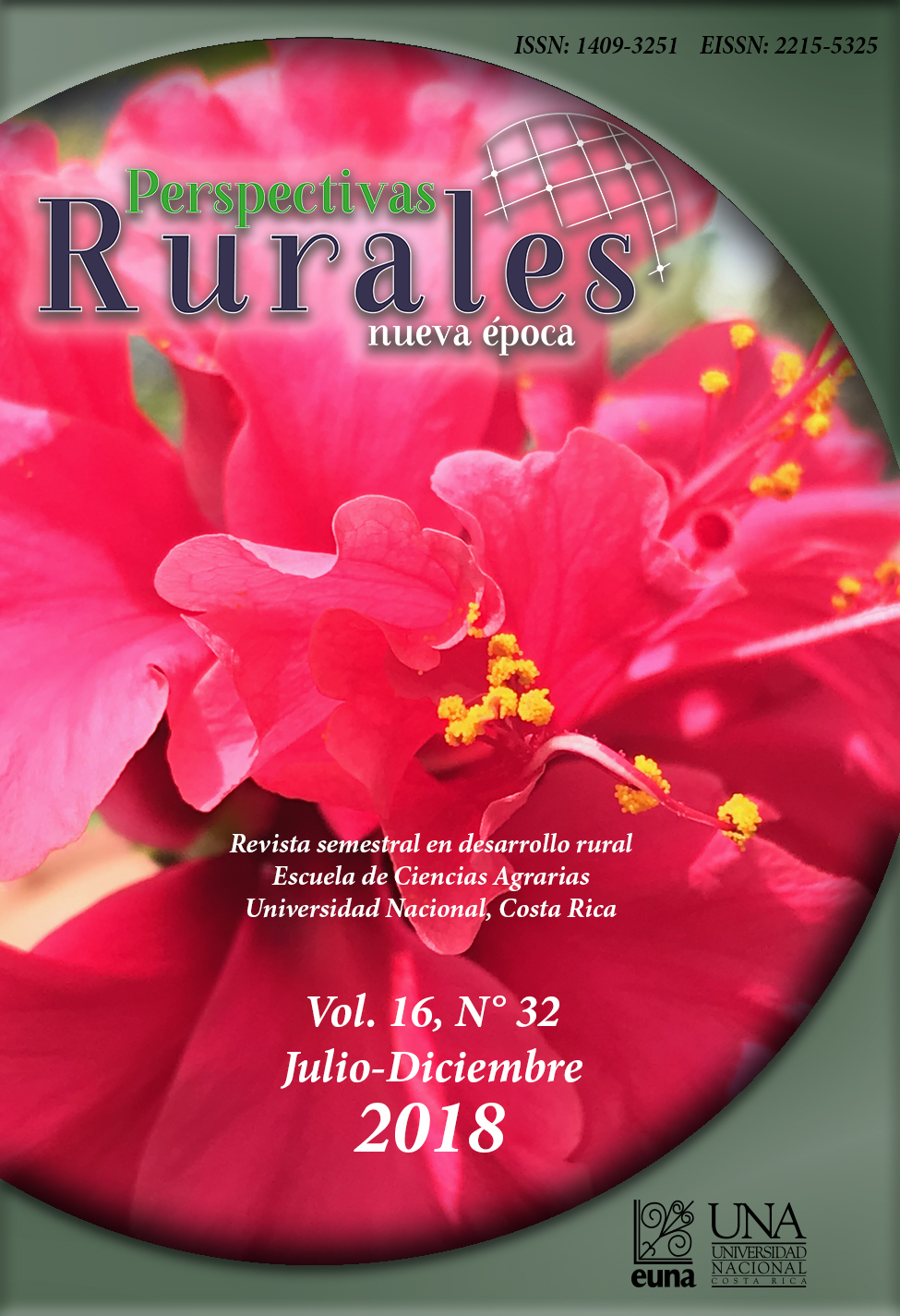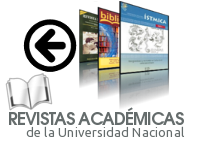Looking to belong: first- and second-generation Latino students at Purdue University, Indiana
DOI:
https://doi.org/10.15359/prne.16-32.1Keywords:
sense of belonging, students, Latinos, Purdue UniversityAbstract
Latino students, immigrants whether first or second generation, who have been raised in local excluded communities such as enclaves, find that integrating into the university community is a transition that goes beyond the academic challenge. Their cultural background and socioeconomic position differentiate them in a predominantly Caucasian middle-class sociocultural context. Studies show that attaining a sense of belonging to the university community is key to academic achievement and persistence, while the lack of this experience is associated with a statistically high Latino college desertion.
Acknowledging that the lack of a sense of community on campus is a cause for desertion, researchers analyze here some of the elements that produce the experience of a sense of community in Latino students at Purdue University in Indiana, USA. Two instruments were applied to the interest group of volunteers: in-depth interviews to explore indicators such as community of origin, language used at home, and perception of college inclusion or exclusion, and a quantitative survey to analyze the “sense of belonging”. Results were combined with the grade point average in search for associations with academic persistence.
References
Checa, J. C. y Arjona, Á. (2008). La integración de los inmigrantes de “segunda generación” en Almería. Un caso de pluralismo fragmentado. Revista Internacional de Sociología (RIS), 67 (3), pp. 701-727.
Gonzales, K. P. (2002). Campus culture and the experiences of Chicano students in a predominantly White university. Journal of Urban Education, 37, pp. 193-218. Recuperado de http//uex.sagepub.com
Goodrich, A. (2012, 27 de noviembre). Students demand more action against racism at Purdue. The Exponent. Recuperado de http://www.purdueexponent.org/campus/article_
Hernández-Sampieri, R.; Fernández-Collado, C. y Batista-Lucio, P. (2010). Metodología de la investigación. 5.a edición. México, D. F.: McGraw Hill Interamericana. Recuperado de https://www.u-cursos.cl/fau/2013/2/DGH406/1/foro/r/Metodologiadelainvestigacion-5ta Edicion–Sampieri.pdf
Hurtado, S. y Carter, F. D. (1997). Effects of College transition and perceptions of the campus racial climate on Latino college students sense of belonging. Sociology of Education, 70, pp. 324-345. Recuperado de www.jstor.org
Itúrbide, M. I.; Rafaelli, M. y Carlo, G. (2009). Protective effects of ethnic identity on Mexican American college students psychological wellbeing. Hispanic Journal of Behavioral Sciences, 31(4), pp.536-553
Marcuse, P. (1997). The Enclave, the Citadel, and the Ghetto: What has changed in the Post-Fordist U.S City. Urban Affairs Review, 33 (2), pp. 228-264 . Recuperado de http://uar.sagepub.com/content/33/2/228
Sánchez, B.; Colon, Y. y Esparza, P. (2005). The role of sense of schools belonging and gender in the academic adjustment of Latino students. Journal of Youth and Adolescence, 34(6), pp. 619-628.
Tinto, V. (1997). Classrooms and communities: Exploring the educational character of student persistence. The Journal of Higher Education, 68 (6), pp. 599-623. Recuperado de http://www.jstor.org/stable/2959965
Tinto, V. (1997) Colleges as communities: Taking research on student persistence seriously. The Review of Higher Education. Recuperado de www.muse.jhu.edu
Vega, S. (2012). The Politics of everyday life: Hoosiers and ethnic belonging at the crossroads of America. City and Society, 24 (2), pp. 196-217.
Walton, G. M. y Cohen, G. L. (2011). A brief social belonging intervention improves academic and health outcomes of minority students. Science, 331, 1447. Recuperado de https://web.standford.edu/~gwalton/home/Publications_files/Walton_Cohen 2011 Science.pdf
Downloads
Published
How to Cite
Issue
Section
License
![]()
Revista Perspectivas Rurales. Nueva Época se encuentra bajo una licencia Creative Commons Reconocimiento-NoComercial-CompartirIgual 4.0 Internacional License.
Creado a partir de la obra en http://www.revistas.una.ac.cr/index.php/perspectivasrurales
Los autores/as que publiquen en esta revista aceptan las siguientes condiciones:
- Los autores/as conservan los derechos de autor y ceden a la revista el derecho de la primera publicación, con el trabajo registrado con la Licencia Creative Commons Atribución-NoComercial-CompartirIgual 4.0 Internacional, que permite a terceros utilizar lo publicado siempre que mencionen la autoría del trabajo y a la primera publicación en esta revista.
- Los autores/as pueden realizar otros acuerdos contractuales independientes y adicionales para la distribución no exclusiva de la versión del artículo publicado en esta revista (p. ej., incluirlo en un repositorio institucional o publicarlo en un libro) siempre que indiquen claramente que el trabajo se publicó por primera vez en esta revista.
- Se permite y recomienda a los autores/as a publicar su trabajo en Internet (por ejemplo en páginas institucionales o personales) antes y durante el proceso de revisión y publicación, ya que puede conducir a intercambios productivos y a una mayor y más rápida difusión del trabajo publicado.






 :
: 
